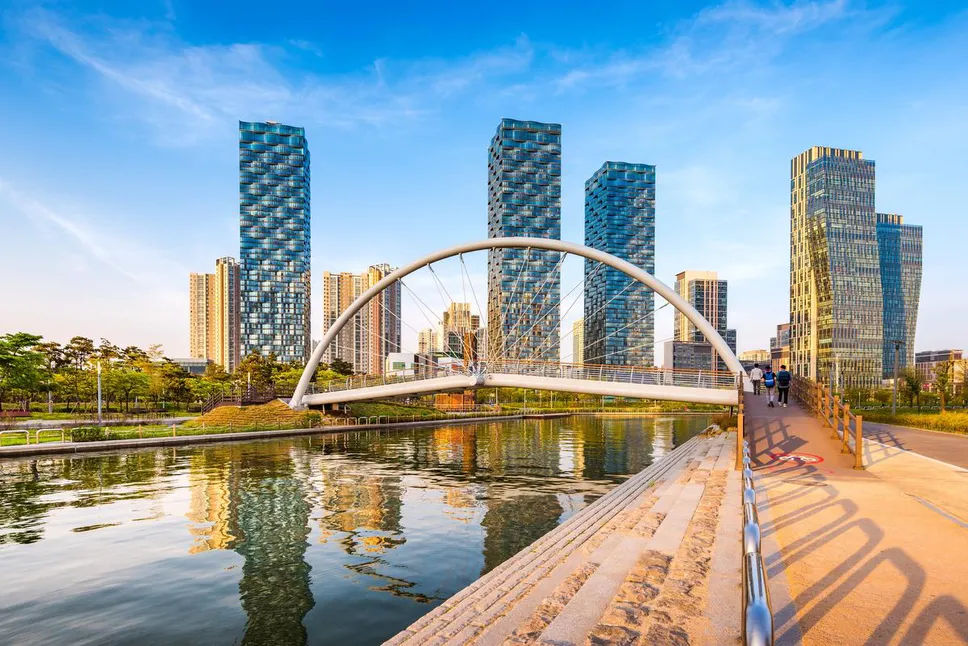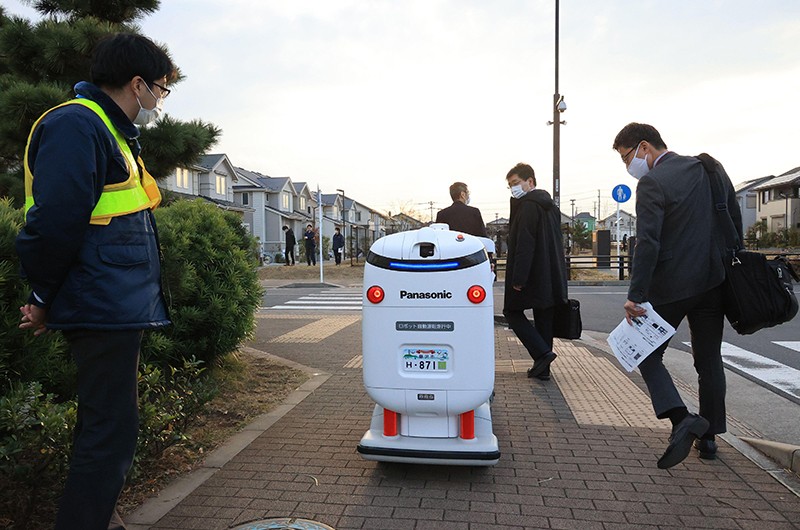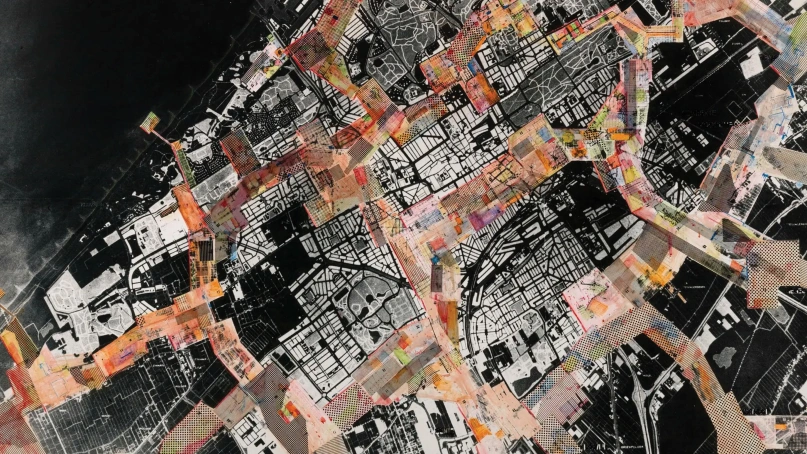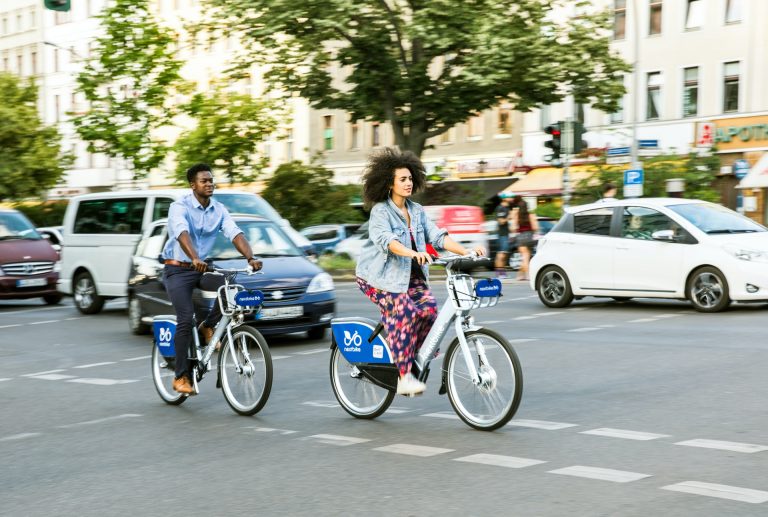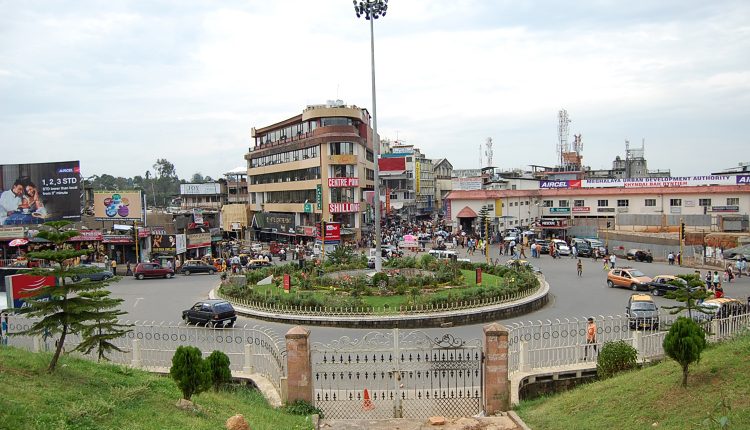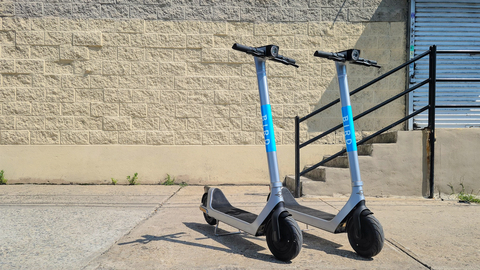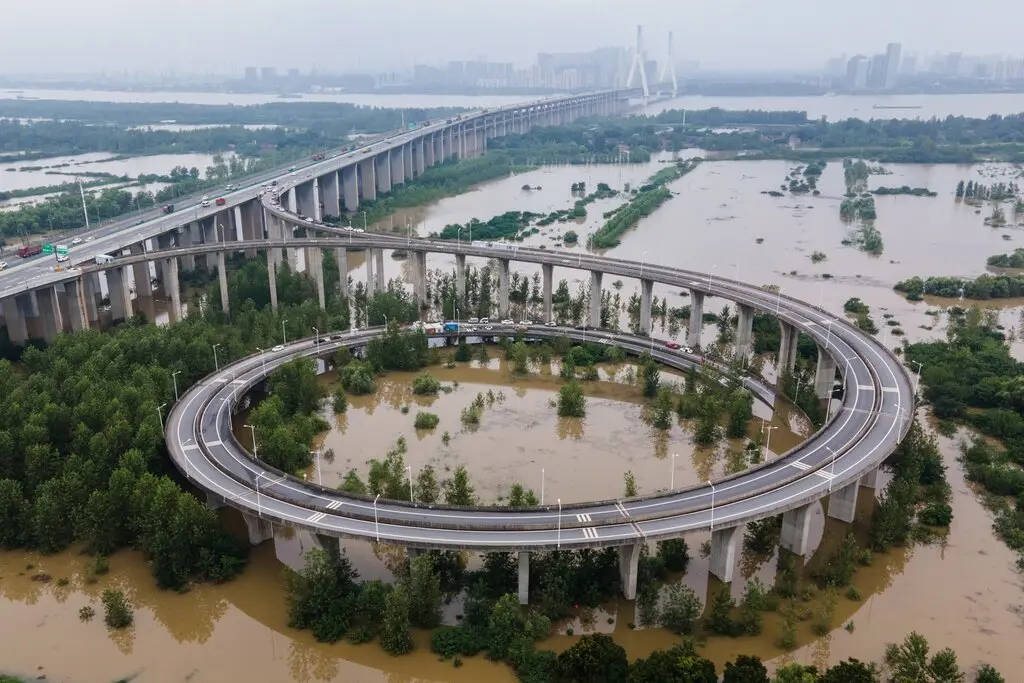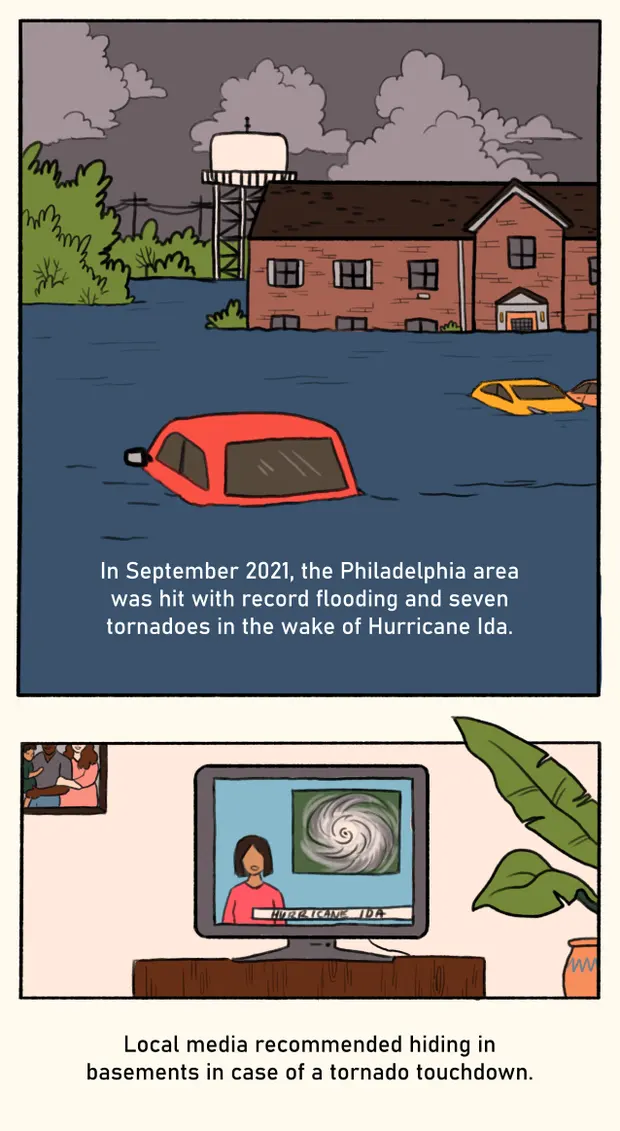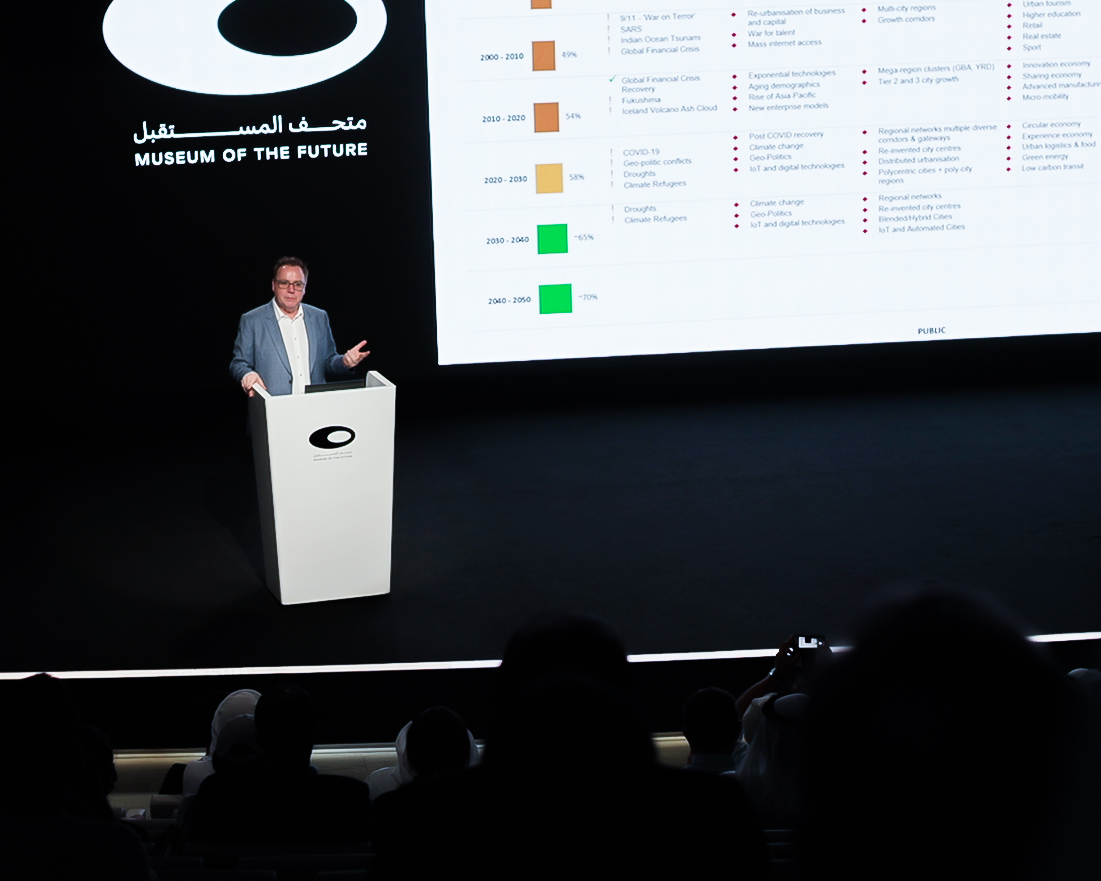
In one prominent international ranking of how well municipalities have developed themselves into smart cities, Taipei is positioned in eighth place, while in another it is 26th. One survey gives Taipei its highest score for environmental policies, and another considers it one of its lowest.
The discrepancy reflects the arbitrary nature of these indices and the imprecision with which the term “smart city” tends to be discussed. Debates about communities have been turned into a technological competition, mostly concerned with products best able to extract value on the margins of society.
Focusing exclusively on technology may cause structural urban problems to be ignored and lead to inequitable development. As Taiwan accelerates its path to digitize previously analogue infrastructure, experts see long-term, interdepartmental planning as the only way to ensure that technology is working to benefit its citizens.
At its core, a city is two things: values and engineering. Values are the principles inhabitants choose to structure their life around. Engineering is the glue that enables those principles to be achieved. In a city that serves its citizens’ needs, infrastructure embodies these principles. But if technology is not properly anchored in what is important to residents of the city, the potential impact could be negative.
Calling the term “smart city” an “abstraction and obfuscation,” Jordan Kostelac, property technology director for JLL in Hong Kong, asks: “How could you be rising on a smart city index when the basic human needs are not being filled and vice versa?”
+INFO: AMCHAM




